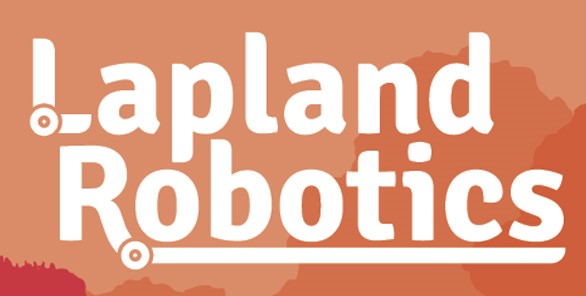The workshop is organized as part of MuC conference
Mensch und Computer 2023
3 – 6 September in ZürichseeMensch und Computer 2023 (mensch-und-computer.de)
Workshop Schedule
9:00-9:15 Welcome/Intro
9:15-9:30 Meet your participants (speed friending)
9:30-9:45 Inspiration speech
9:45-10:30 Presentation of submitted papers 1-3
10:30 Coffee break
11:00-11:30 Presentation of submitted papers 4-5
11:30- 12.30 Creativity 1, Brainstorming / topic finding /
12:30-14:00 Lunch
14:00-15:30 Creativity 2
15:30-16:00 Coffee break
16:00-16:30 Finalizing findings, presenting results
16:30-17:00 Discussion & closing
The field of robotics has evolved to include social interactions with humans. Research has investigated features such as gaze, head movements, nodding, and body orientation to improve the naturalness of robot behavior in social situations. The adoption of technology such as robots, and their acceptance in social contexts, depend on technical capabilities, design, contextual requirements, and other social factors. We know from previous research that signaling intent clearly has been found to improve trust, acceptance, and situational awareness in human-robot interaction and collaboration. This workshop aims to examine how intent communication impacts the user experience and social interaction with robots in public spaces or social settings. We hope to engage both researchers and practitioners interested in this subfield of human-robot interaction.
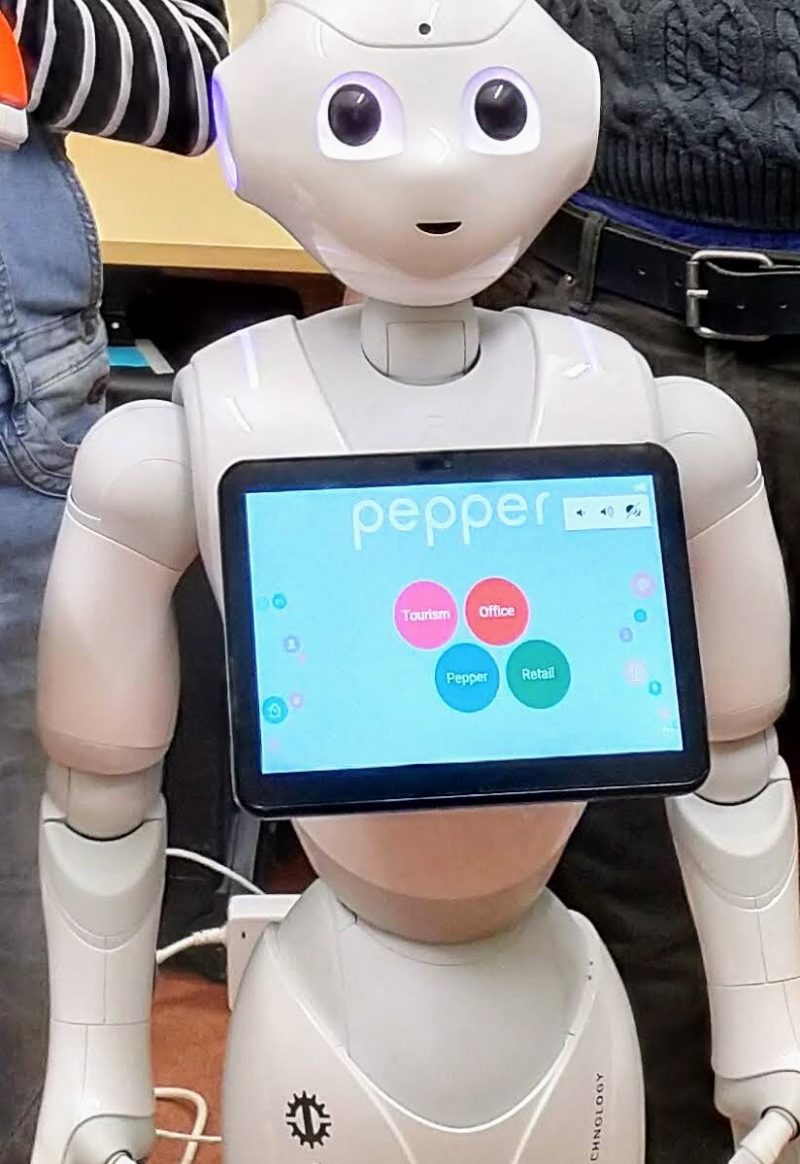
This is the second iteration of the in-presence RoboX workshop at Mensch Und Computer conference, addressing interaction with robots, this time focusing especially on intent communication and social interaction in public spaces. This workshop aims to bring together researchers, designers, and practitioners working in human-robot interaction and neighboring disciplines to explore intent communication, user experience, and interaction with social robots.
Participants will discuss new possibilities, and engage in collaborative dialogue. We aim for the workshop to stimulate discussion about the current state of research. The workshop should also serve as a platform for expanding the social robotics research network, as well as building a roadmap for future research.
The workshop invites submissions of case studies, applications, methodological notes, as well as position papers, related but not limited to topics such as:
- verbal and non-verbal communication with robots
- multimodal communication with robots
- interaction with social robots (e.g., in public spaces)
- interaction with robots in cross-cultural context
- accessible interaction with robots and inclusive HRI design
- conducting field studies with robots(e.g., in public spaces)
- transfer of learnings from other domains (e.g., automated driving, mobility)
- simulation of human-robot interaction
- service concepts integrating robots as part of the service experience
- user experience with robots in different contexts (e.g., healthcare)
- robots in education, rescue or other professional contexts
- robots and HRI in public spaces or mobility contexts
- telepresence or robots as avatars
- emotions and affect with robots
- social robots as mediators of human-human interactions
Important dates
Submission: 23.06.2023
Notification: 03.07.2023
Final submission: 14.07.2023
Workshop 03.09.2023
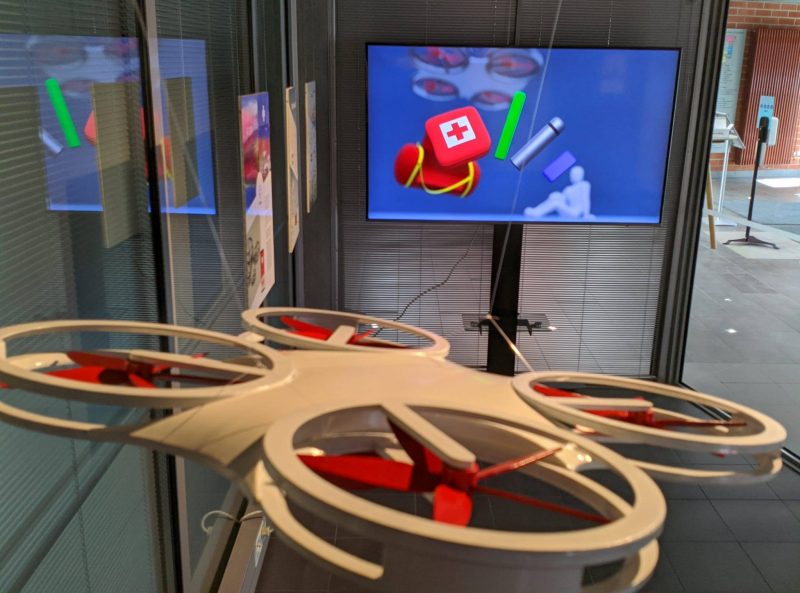
Submission instructions
Submit your non-anonymized workshop papers via ConfTool to MCI-WS17: Robots for Public and Social Spaces – Design for Intent Communication, Collaboration and Acceptance
The workshop papers should follow the ACM template, be the length of 2-4 pages, and not be anonymized. The submissions will be reviewed by the workshop organizers and other experts on the field.
Please make sure to use the ACM SIGCHI 2-column format and not to exceed 4 pages (excluding references)! Templates: Overleaf & LaTeX, and use documentclass[sigconf,screen]{acmart} Word template
As regards copyright: Please add the following statement to your text at the bottom left part (the usual place for copyright notices in the ACM 2-column format):
/Permission to make digital or hard copies of part or all of this work for personal or classroom use is granted without fee provided that copies are not made or distributed for profit or commercial advantage and that copies bear this notice and the full citation on the first page. Copyrights for third-party components of this work must be honored. For all other uses, contact the owner/author(s). Veröffentlicht durch die Gesellschaft für Informatik e.V. in P. Fröhlich und Vanessa Cobus (Hrsg.): Mensch und Computer 2023 – Workshopband, 03.-06. September 2023, Rapperswil © 2023 Copyright held by the owner/author(s). <https://doi.org/XX/muc2023-mci-wsxx-xxx>/ . There will be a DOI for each position paper.
List of Accepted Papers:
Emotion Intent Evoking System (EIES) – Using Colour and Sound to communicate Emotion Intent for Social Robotics
Volker Göhler1, Sherry Robinson2
1TU Bergakademie Freiberg, Deutschland; 2Rochester Institute of Technology, New York, USA
From playful bricks to social robots – Investigating emotional perceptions of self-built robots
Matilda Kalving1, Oskari Naarajärvi1, Jonna Häkkilä1
1University of Lapland, Finland
A Wizard-of-Oz Setup to Assess Pedestrian Behavior and Teach Delivery Robots on Sidewalk Encounters
Pfleging, Bastian1; Seyffer, Norman1; Beek, Zina1; Kulke, Lennon1; Zug, Sebastian1
1 TU Bergakademie Freiberg, Deutschland
Quadrupedal Robot Dog as an Attraction in a Local Outdoor Event for Live Streaming and Engagement
Siiri Paananen1, Matilda Kalving1, Jemina Colley1, Emma Kirjavainen1, Maxim Narbrough1
1University of Lapland, Finland
Towards an UX/CX research-framework for HRI along the Customer Journey – a methodological note
Artur Lisetschko1, Medina Ferizovic1, Matheea Beder1, Simone Roth1, Sebastian van Ledden1, Aysegül Dogangün1
1Hochschule Ruhr-West, Deutschland
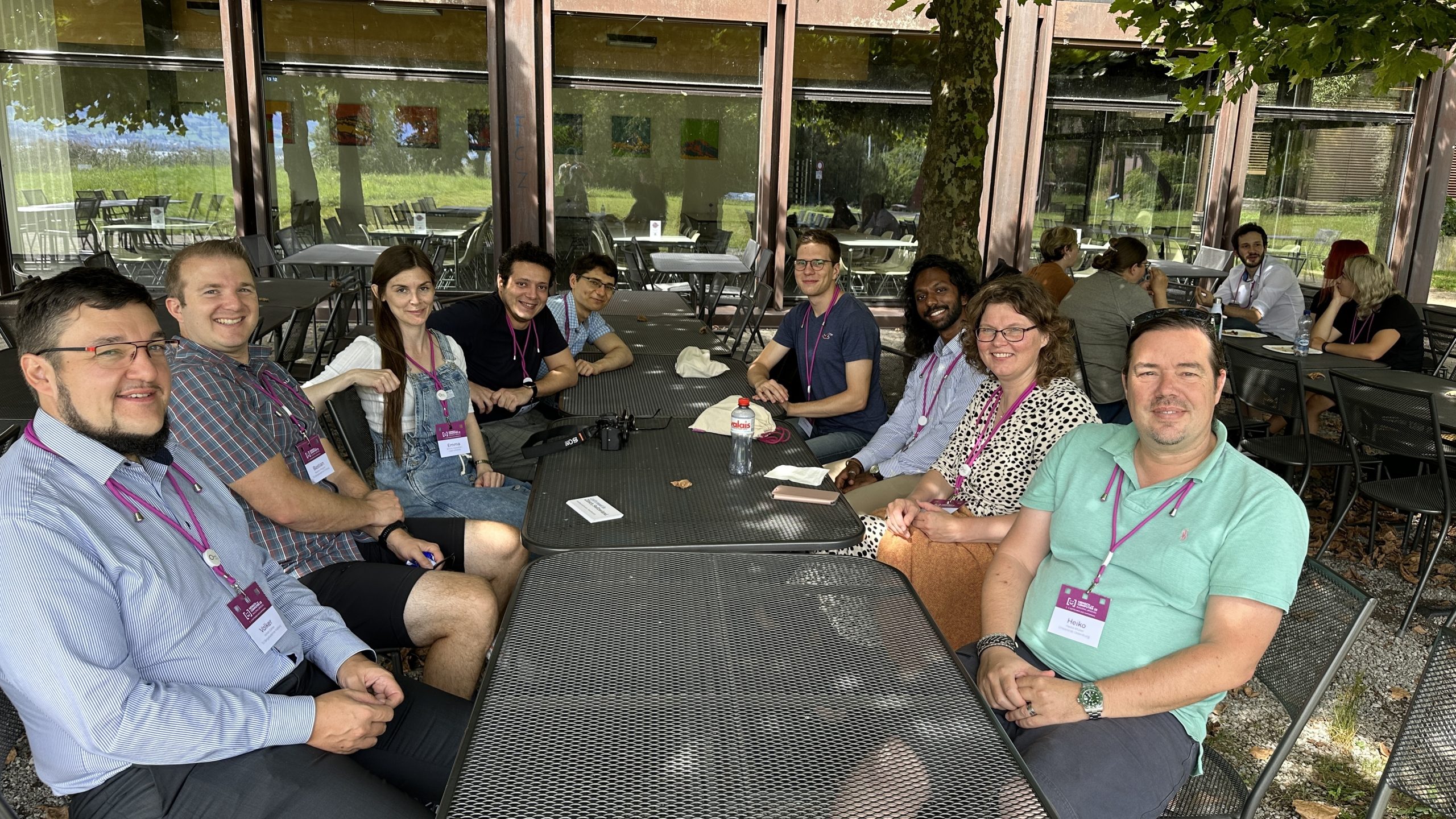
Group photo at the Workshop.
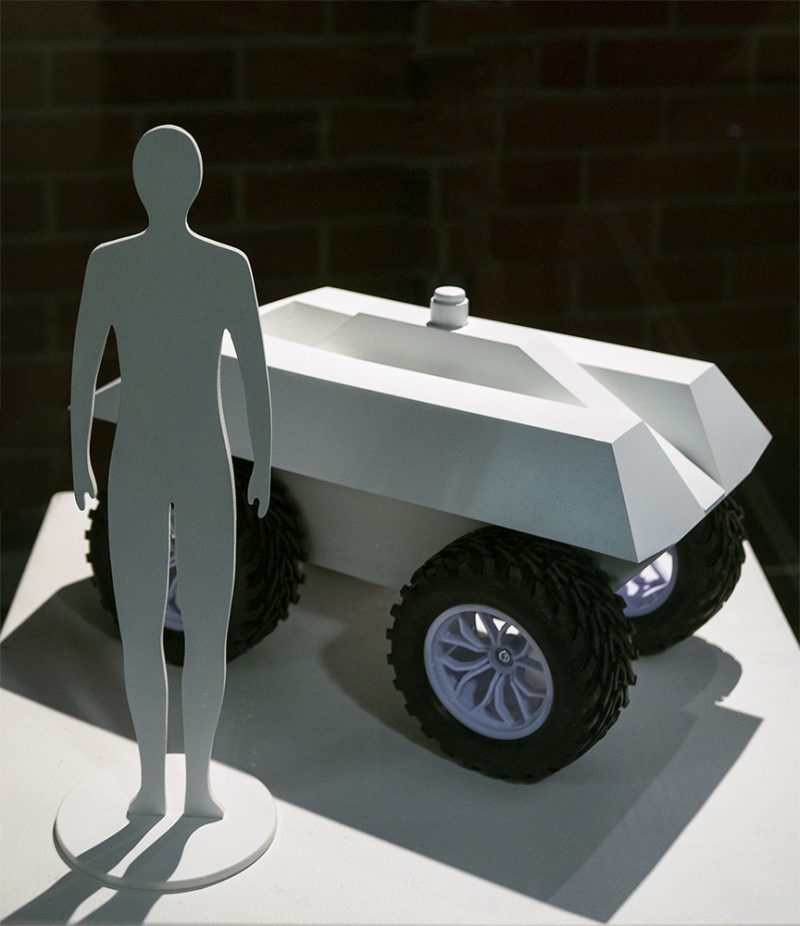
Workshop Organizers:
Jonna Häkkilä, University of Lapland, Finland
Khaled Kassem, Tu Wien, Austria
Emma Kirjavainen, University of Lapland, Finland
Johannes Kraus, Ulm University, Germany
Florian Michahelles, Tu Wien, Austria
Heiko Müller, University of Oldenburg, Germany
Bastian Pfleging, TU Bergakademie Freiberg, Germany
Norman Seyffer, TU Bergakademie Freiberg, Germany
Kai Erik Trost, HDM Stuttgart, Germany
